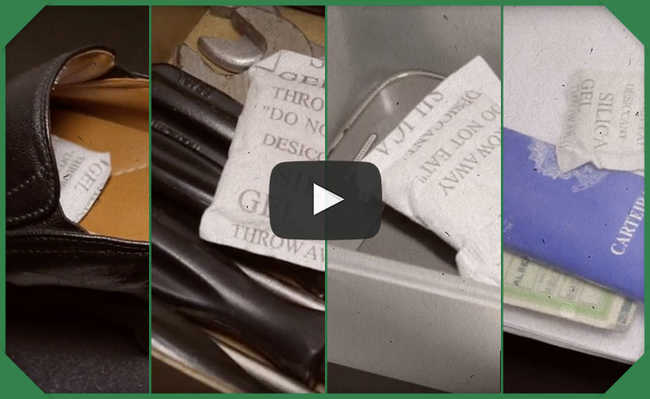The world's first electric freighter to start operating in the Netherlands
Country to use electric ships to replace diesel-powered freighters and trucks

The port of Antwerp, in the Netherlands, will have a new attraction next summer: the world's first electric freighter. The Port-Liner company announced that the first “channel tesla” will start operating in the port in August. The boat was developed in partnership between the Antwerp government and the European Community, in a total investment of just over 200 million euros.
The ship is the first step in a project that seeks to reduce truck traffic on Dutch roads, as well as diesel consumption. In total, Port-Liner plans to launch five small boats, 52 meters long and 6.7 meters wide, and another six large ones, 110 meters long and capable of carrying up to 270 containers. The smallest will be able to accommodate 24 containers, with a total weight of 425 tons, and will have autonomy for 15 hours of travel.
The larger battery should last 35 hours. Both models will only use electricity from batteries installed in containers in the deck of ships. Full recharge of small ships takes four hours and, when necessary, the battery can be replaced in port. The battery model developed can be easily replicated in old boats, by installing batteries, which are easily attachable to old structures. This allows for the reuse and restoration of freighters previously powered by diesel, avoiding the early disposal of vessels.
All eleven electric freighters should be ready in the second half of 2019. As of August, the world's first electric freighter should replace trucks on the stretch that links Antwerp to the south of the Netherlands. Larger boats will be used on the routes between the ports of Rotterdam, Amsterdam, Antwerp and Duisburg. The cost of the smaller freighters is 1.5 million euros and that of the larger ones, 3.5 million.
When the first six electric boats are in operation, the expectation is that they alone will be able to remove 23,000 trucks per year from Dutch roads, replacing the burning of greenhouse gases with an emission-free transport.
Several countries are rethinking their consumption of diesel, one of the most polluting fossil fuels out there. France, for example, has already announced that it will ban sales of gasoline and diesel cars until 2040. Burning diesel releases a lot of carbon dioxide (CO2) into the atmosphere, making gas one of the main culprits by global warming. Restricting and prohibiting the use of diesel is one of the ways to help reduce pollution in cities and, in the case of the sea, it also prevents noise pollution that harms marine life. Electric ships are quieter and less polluting, having less impact on the environment.










